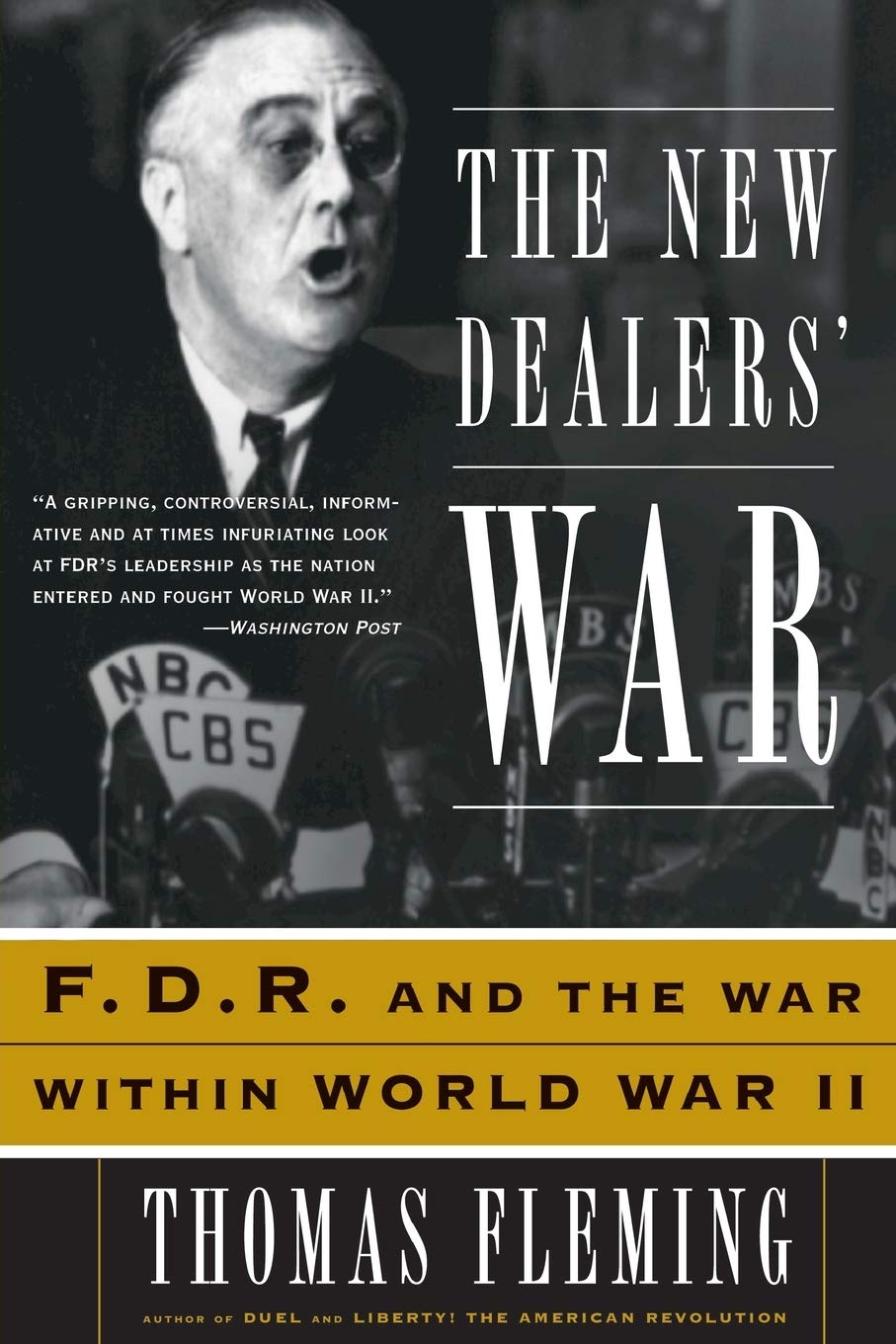There is an article in The Oz on who used to be my favourite American president but is now only my second-favourite – Warren G. Harding. As the article points out, although he was president for only 29 months, he is regularly listed among the worst presidents in American history by that motley crew of academic historians (and economists) who have no idea about which direction is up. They would almost all have voted for Joe Biden so you can see how sound their judgment must be.
The title of the book under review is The Jazz Age President: Defending Warren G. Harding. Alas, I only have the review to find out what the author wrote, but this is the bit that I wish to focus on:
Harding’s first priority was the economy – gross national product was down 17 per cent, stock values were cut nearly in half, unemployment was over 12 per cent, and farmers were devastated by plunging prices.
This was the economy Harding inherited on becoming President. You hardly need to guess what a modern political leader would do, and be expected to do, if these were the circumstances they had to deal with. Anyway, he did precisely what no one would do today – the article continues:
Harding reduced government spending, slashed individual taxes (the marginal rate had reached a high of 77 per cent), increased tariff rates, and reduced the intrusiveness of the federal government.
The result was what is today recalled as The Roaring Twenties.
What is even more astonishing is that you can no longer find an economics text that will explain why such policies deliver the outcomes they always do, other than, of course, my own Free Market Economics. And then there is this if you would like more detail on the entire history and framework of an economic theory that provides wealth and prosperity: Classical Economic Theory and the Modern Economy.
Donald Trump did the same to the American economy but you will hardly ever find a good word about any of it virtually across the entire media and certainly not from within the academic world of economics.

President Hoover then tried to do his best in the middle of the Depression, but then along came Roosevelt to muck it up with his New Deal. He extended the Depression in the USA. Meanwhile the UK was recovering before the US.
Why would you start a business in this current time? The number of licenses, and permits and bureaucratic requirements and safety laws and whatnot that you have to adhere to are beyond belief. Then you get persecuted by the police, the ATO, the council, the unions and the regulatory bodies of various sorts. You can see why people don’t bother. The lying flat phenomenon is not just in China.
Most of the bitching about Trump from otherwise intelligent people is about style rather than substance.
These are some of the things mentioned in my resignation email to UAP yesterday after reading their policy statement.
A moonbeam from the larger lunacy:
An op-ed in the WaPo recently (3 April) wrote that Biden’s handling of the economy was “extraordinary”. However, it noted, inflation remained his Achilles heel.
Ya think?
I quite liked his style. The alternative is to lay down and let the lunatics take over the asylum.
No; it went to the very heart of contradictory visions for what the US, and by extension the West, should be.
Bruce of Newcastlesays:
April 22, 2022 at 6:16 am
Or you do what a number of people do, run small, largely cashflow businesses and only show enough profit to pay yourself a middling ‘wage”.
Eg: The nail salon of some in laws charges $20 for everything that goes through the till, has a “sorry no eftpos” sign and because they run a good service are always flat out.
$20 is a basic nail job,
Some ducks come in and drop $120+ on nails, pedicure, lacquers etc.
But the taxman only sees the $20.
Is a hassle to spend some of the cash at times… (possibly the biggest first world problem of them all) and if there are loans needed then “income” has to be bumped up a bit before any application.
All of the above “allegedly”
I suspect a lot of people would dismiss the roaring 20’s on the grounds that they ended in a bursting bubble – therefore the whole decade was based on a mirage.
Certainly they dismiss the success of freer market touting governments as luck, and the dismal performance of big spending parties like Labor and the Democrats is, you wouldn’t believe it, bad luck.
The growth under Howard was sheer luck. The malaise under RGR was damndest bad luck.
So there is no point voting for free market policies because you can’t count on luck, but you should bet for big spenders because, absent any bad luck, it will be miraculous.
Note: I cite Howard merely because he was freer market than labor, not because he was truly free market. Labor is to the right of the greens, but they are not themselves of the right.
TFM:
Sometimes I am so bloody naive.
Hurt my back about a year ago, and toenails were quite long so when I was in Brisbane, I got them cut at a footerie. Young lady at counter pointed out the eftpos was broken, but knew precisely where the particular ATM I needed was located. Thought no more about it as I always carry cash.
No worries – got the toenails dehorned and went on my way.
I told my sister about the incident a couple of days later, and she laughed at me. “Did you get a discount for cash?”
I never really understood and she wouldn’t explain.